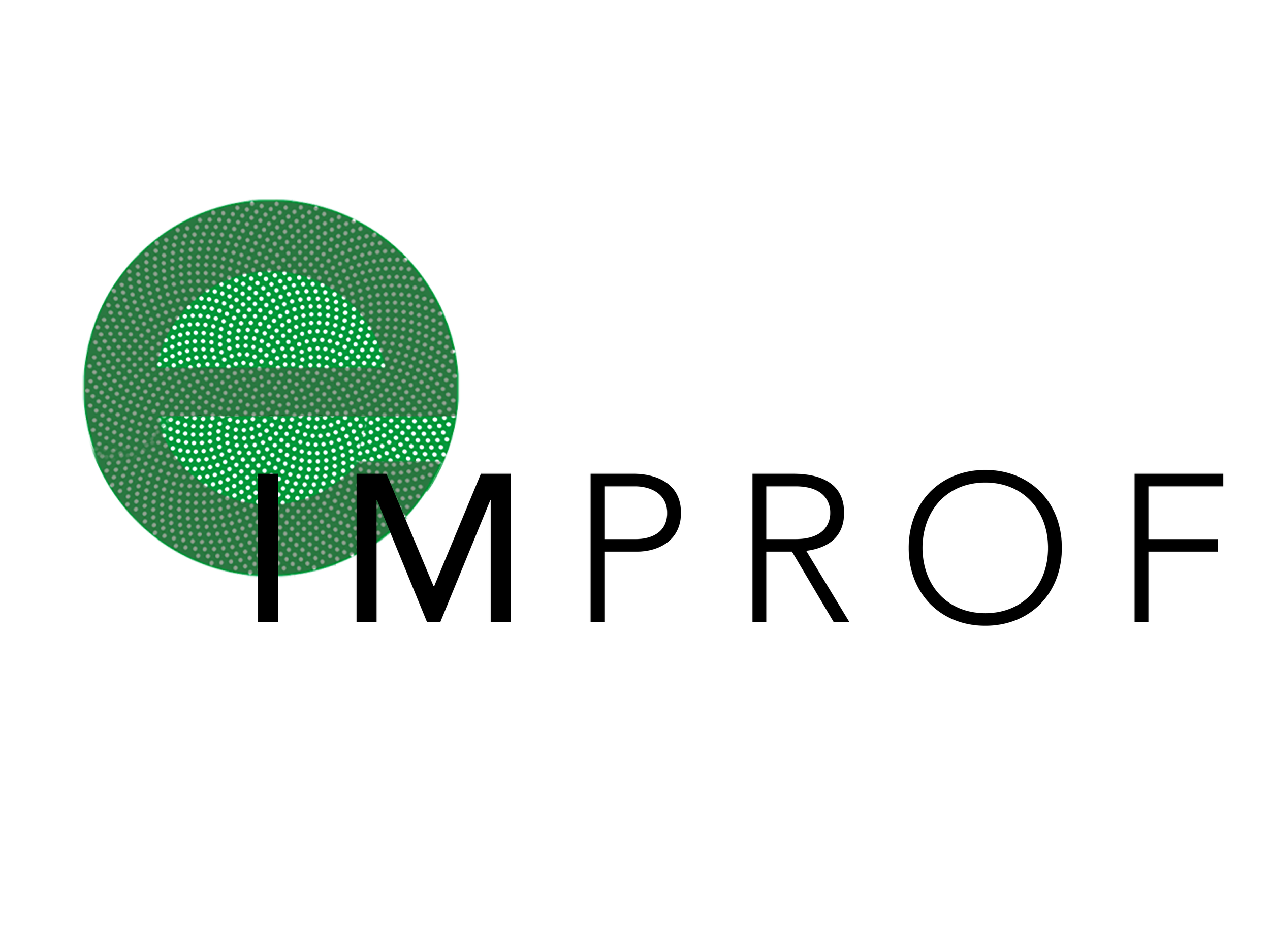Chai Chat Series: The Evolving Identity of The Singapore Indian Muslim Woman
im.prof endeavours to develop young writers who will form an intellectual society. Along this line, we welcome the youth to submit opinion pieces and articles that are internally reviewed for suitability of publication while retaining the originality and opinions of the writers.
The views and opinions expressed in this article are those of the authors and do not necessarily reflect the official policy or position of any members of im.prof
“Pious”, “conservative”, “resourceful”, “family-oriented”, “inhibited”- these were some of the words that participants at the Chai Chat session on the 3rd of September at The Red Box came up with when asked what came to mind when they thought of Indian Muslim women in Singapore.
The activity had a ripple effect on the discussion as participants delved into anecdotes on a rarely discussed topic.
The narratives shared were real and raw, striking a cord with many participants whose fervent head nods bore testimony to the fact that these were experiences they could vouch for.
There were stories of struggles to reconcile with parental expectations. Parents would dictate their choice of education, career, lifestyle and more to make their daughters more “marriage-material”, but often more regressively. Aspiring women might be inhibited from pursuing university degrees on the presumption that they might potentially end up with fewer male suitors, given there tends to be a higher proportion of female graduates in the Indian Muslim community.
They would be urged to marry off quickly as well just so that they can pick from amongst the better suitors available.
“They would say the clock is ticking...you’re going to lie on the shelf...so you had better lower your expectations,” shared Ms Hafizah, an English teacher and recent graduate from the Nanyang Technological University.
Regardless if one was male or female, there was one sentiment that generally resonated across the room - that Indian Muslim parents were highly restrictive. Curfews were common even into their 20s and staying in a university hall will be frowned upon even though it is an opportunity for personal development.
“Our parents are really protective of us and they are just concerned about how society will view us. We need to decide for ourselves and strike a balance accordingly,” asserted Ms Nazrath, a former journalist and Tamil news anchor.
The implications of these parental restrictions and pressure tend to weigh higher on Indian Muslim women as they find themselves in increasingly compromising situations in society.
To better portray daughters as being well-brought up, modest dress codes are enforced by families, which can leave young women endeavouring to integrate into Singapore’s professional and multi-ethnic social fabric in conflicted positions. Ms Nasirah, a financial advisor, shared the difficult decision she had to make to move out of her parents' home when seeing eye-to-eye on lifestyle choices became a Herculean task.
Ironically, these modest dress codes trace back to a culture the Indian Muslim diaspora was leaving behind when emigrating to Singapore in the 1900s. While Indian Muslim parents in Singapore remain entrenched in traditional views, their counterparts in the South of India have now potentially outpaced them, showing more openness to modern views, stated a male observer.
Another participant, Ms Natasha, a human rights lawyer in her 20s offered a perspective that was even rarer. Being a member of a culturally ethnically diverse family in a community which is primarily homogenous on many fronts, she expounded on the initial difficulties faced by members who chose to marry outside the community. The readiness of the Singapore’s Indian Muslim community to embrace mixed-marriages is perhaps not quite there yet but is indeed slowly opening up to such possibilities, as Singapore becomes subject to the forces of globalisation which sees an exodus of people moving fluidly across borders.
Traditionally, the identity of our Indian Muslim women has been shaped by institutions and cultural norms. However, Singapore today is a melting pot of mixed cultures. Indian Muslim women have broken away from traditional characterization and today serve in a myriad of roles in society. Education, awareness and empowerment has led to a strong self-identity in them. However, there are elements within our community that continue to threaten their social identity.
The Chai Chat session on 3rd September ended approximately after a spirited 1.5 hour discussion that paradoxically marks the beginning of an important conversation on the changing role of the Indian Muslim woman in 21st century Singapore whose identity now has multi-facets that go beyond the domestic sphere. What will her new identity look like in a VUCA world? Conversations such as these are good starting points but we yearn for action that will bring about meaningful change; sooner rather than later.
